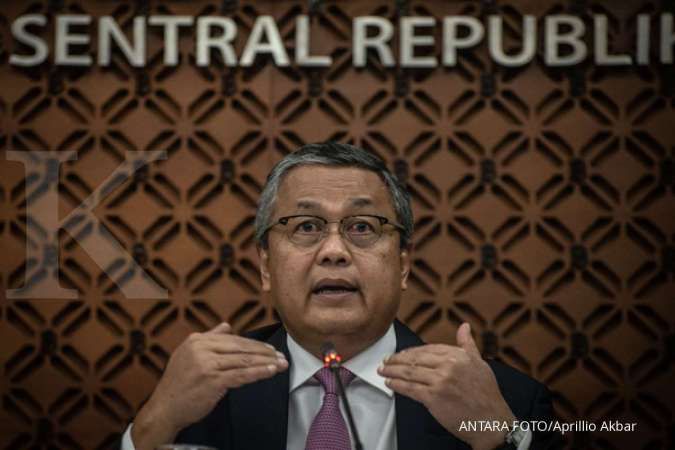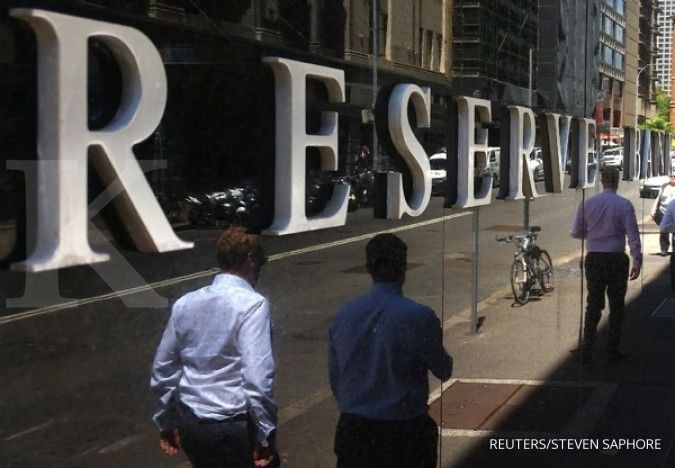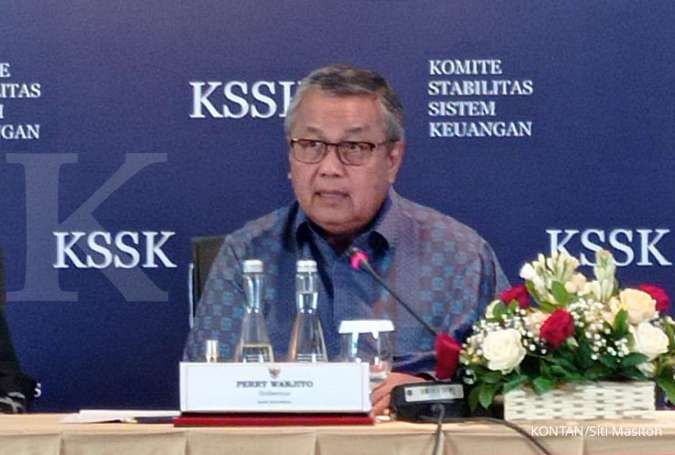MALAYSIA - KUALA LUMPUR, Jan 24 (Reuters) - Malaysia's central bank kept its benchmark interest rate MYINTR=ECI unchanged for the fourth straight meeting on Wednesday, seeking to support economic growth ahead of an expected pickup in inflation following planned subsidy changes.
Bank Negara Malaysia (BNM) maintained its overnight policy rate (OPR) at 3.00% at its first meeting of the year on Wednesday, in line with market expectationsthat it will hold rates steady until at least the end of 2025.
BNM said in a statement that advance estimates indicated Malaysia's economy expanded in line with expectations last year, and growth is expected to improve in 2024, supported by a recovery in exports and resilient domestic expenditure.
Read Also: Indonesia Sees FDI Worth US$ 47 Billion in 2023 - Investment Ministry
"The growth outlook remains subject to downside risks stemming from weaker-than-expected external demand and larger declines in commodity production," the central bank said in a statement on Wednesday.
Malaysia's economy is expected to grow 3.8% in 2023, the statistics department said in preliminary estimates last week. The estimate was short of the government's initial projection of a 4% expansion, with exports remaining sluggish.
The government and BNM expect economic growth of 4%-5% this year.
Inflation in Malaysia has eased in recent months, with headline and core inflation averaging 2.5% and 3.0% in the fourth quarter, BNM said.
The consumer price index rose 1.5% in December, remaining at its lowest pace since March 2021, data showed this week.
Inflation was expected to remain modest in 2024, BNM said.
Read Also: Stung by Election Sentiment, Here are CLEO Stock Recommendations
However, the government's intention to review price controls and fuel subsidies this year "will affect the inflation outlook and demand conditions", it said.
BNM will remain watchful of how the government's subsidy changes will affect overall inflation, said Mohamad Afzanizam Abdul Rashid, chief economist at Bank Muamalat Malaysia.
Oxford Economics, however, downplayed risks from fuel price rationalisation, which it said was expected to be a gradual process starting from the second half of the year.
"With both growth and inflation set to keep slowing, we see a growing risk that BNM decides to loosen monetary policy in the coming quarters," the group's lead economist Alex Holmes said in a note.
(Reporting by Danial Azhar; Editing by Kanupriya Kapoor, Rozanna Latiff and Kim Coghill)
/2018/05/17/409366367.jpg)














